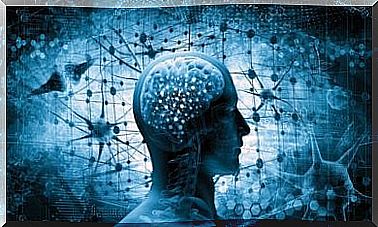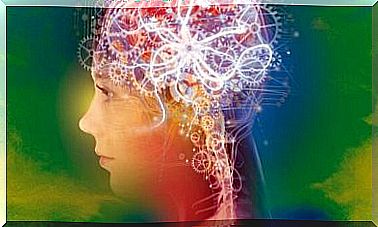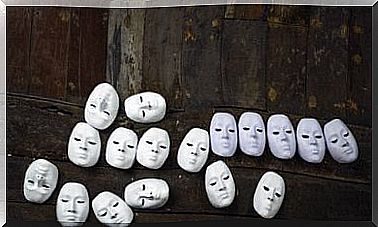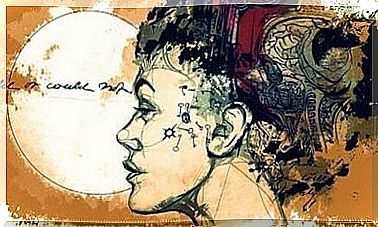Meaningful Learning: The Value Of Learning By Doing
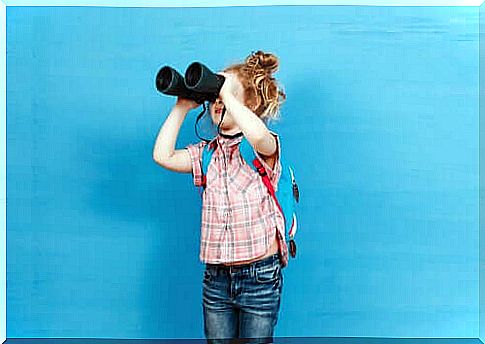
Do you know everything you need to do for a memory trail to be created in your brain? Have you ever stopped to think about what mechanisms are involved in learning? Do you believe that just by seeing how a cake is baked, how to ride a bicycle or how to recite a poem, you would be able to replicate what you saw? In this article, we’ll talk about meaningful learning.
A good memory implies a certain amount of repetition of what we see or hear. That’s because we only really learn when, after observing how a certain thing is done, we put all our resources into practice to do it autonomously.
For this reason, schools should make use of the potential of active methodologies. With them, students can act as true protagonists instead of just playing the role of data receivers.
We need children to own what they learn, to keep alive the flame of creativity and the desire to explore, instead of letting them fade away little by little over the years. We want your curiosity for what has been learned (and what you can still learn) to have no limits and for you to devote more time and interest to this process.
However, adulthood should not remove this curiosity and desire to learn, enrich and expand knowledge more and more. Because we only truly learn when we get involved and when the information we receive attracts us ; that is, when our mind records everything that interests us.
Ausubel’s Meaningful Learning
David Paul Ausubel was an American psychologist and pedagogue who belonged to the constructivist movement and who focused on developing and organizing teaching based on the knowledge that students had.
Among his theories, the one that refers to meaningful learning stands out. It is a perspective that takes into account that true knowledge can only be born when new information has a meaning in relation to existing knowledge.
This means that, for Ausubel, learning is only possible when new learnings connect with existing ones. Not so much because of similarity, but also because, from this interaction, it is possible to build a new, more enriching meaning.
Thus, Ausubel’s Theory of Meaningful Learning includes each and every one of the elements and conditions that guarantee the acquisition, assimilation and retention of the content that children receive at school, and which are determining factors in the acquisition of meaning.
Therefore, to achieve the feeling of learning, we need two conditions:
- A predisposition to learn. In other words, feeling like and curious about the information being received;
- That the material is presented according to our cognitive development. This means that there must be memory trails in our minds, which allow us to introduce and accommodate new knowledge in previous structures.
The first point comes from motivation, from the interest in feeling attracted and excited. We need to be emotional to learn and remember, so that what we pick up is not just more information, but something we want to embrace.
The second condition has to do with anchors, structures that allow us to have a foundation to support and relate subsequent knowledge and thus create a memory trail.
Furthermore, in his theory, Ausubel divides knowledge into three types:
- Subordinate : the new information is included with new examples of a more general term we already had.
- Superordinate : the new information is included encompassing more specific information that we already had.
- Combinatorics : the new concepts are related to other concepts we already had at the same level.

learn, retain and remember
Ausubel’s perspective leads us to reflect on memory learning and its short period of life, since memory is lost when it is no longer repeated in time. In this way, meaningful learning seems to have a more solid character because it is not learned through repetition, but through the relationship between concepts and knowledge, which makes its memory easier.
Thus, meaningful learning happens when we are really prepared, both on a motivational and a mental level, to acquire new learning. That’s because we only truly learn when something catches our attention —when our resources are activated and push us to acquire and integrate something new.
Good teachers are characterized by feeding this desire, exhilarating us and attracting our curiosity in a thousand and one different ways.
